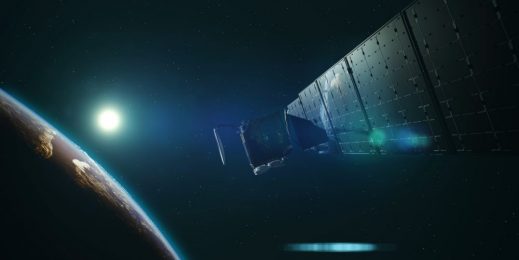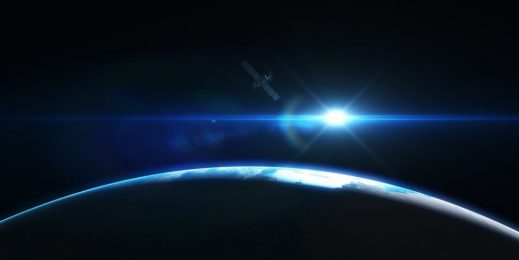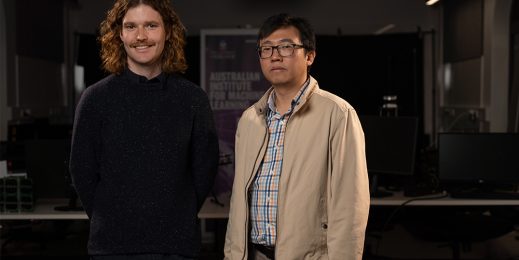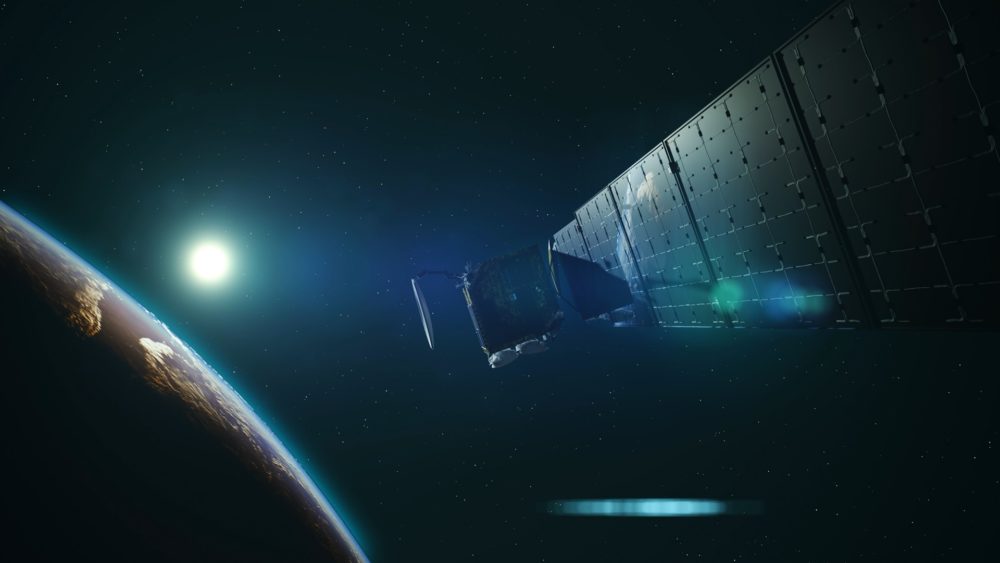
Focus on investment, partnerships and innovation
Azure Space achieves lift-off in Australia
Azure Space has achieved lift-off in Australia, streamlining and simplifying access to space data and technology.
Azure Space embodies Microsoft’s strategy to deliver cloud-powered innovation on and off the planet. By integrating the Azure cloud platform with technology from a broad ecosystem of space partners, Microsoft will focus on creating new and accelerated ways to deliver innovative, high-impact solutions to Australian customers across a wide range of industries to address their most challenging issues.
In Australia, Azure Space is led by Lynn McDonald, a former US Air Force Colonel with deep experience in space-related endeavours. To date, Azure Space Australia has:
-
established operations at Adelaide’s Lot Fourteen;
-
signed a Statement of Strategic Intent with the Australian Space Agency;
-
inked an agreement with Nokia and the South Australian Government for Space and 5G innovation;
-
forged a collaboration with the Australian Institute for Machine Learning; and
-
unveiled its Microsoft for Space Startups Australia program.
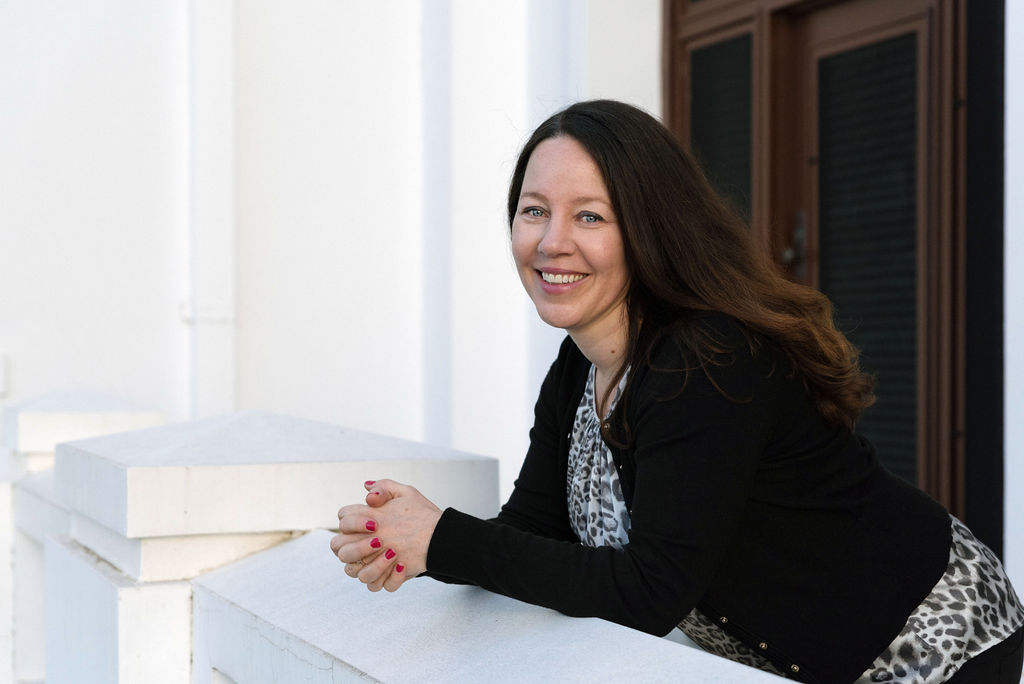
Tom Keane, corporate vice president of Azure Global, Microsoft said; “As someone born and raised in Australia, I’m excited to see the rapid growth of Australia’s space ecosystem. At Microsoft, we see an opportunity to partner with organisations of all sizes, and bring the power of Azure to solve complex challenges and unlock new opportunities.”
The opportunity to gather, analyse and act upon data gathered in space is particularly important in Australia’s remote environments. Microsoft Azure provides easy access to data analytics tools and artificial intelligence that, when combined with space data, can provide near real-time insights into Australia’s geography. This type of insight can be particularly valuable for mining, agriculture, or even Defence and emergency response. Microsoft’s recent announcements are evidence of our commitment to investing in the Australian Space industry.”
Enrico Palermo, Head of the Australian Space Agency said; “The signing of a Statement of Strategic Intent with Microsoft signals our shared ambition to grow the national space industry as part of the Agency’s broader mission to triple the size of the sector to $12 billion and add another 20,000 jobs by 2030.
The signing comes at a time of increasing momentum in the Australian space sector and acknowledges the importance of collaboration between the public and private sectors to leverage space technologies for the benefit of life on Earth.
Focus #1: Investment
Analysis indicates the global space industry is worth $A450 billion today and will soar to $A1.3 trillion by 2040.

The Australian Space Agency has set its goal for the space sector to contribute $12 billion to GDP and create an additional 20,000 jobs by 2030.
Aligned with that goal is Microsoft’s focus on enabling growth through investments that support the Australian Space industry, for example, the launch of the Microsoft for Space Startups Australia program.
Microsoft for Space Startups Australia will support emerging organisations as they grow their business and bring innovative technologies and solutions to market to solve tough problems, such as bush fire detection, climate change and sustainable practices on Earth and in space.
Eligible space startups receive Azure credits, have access to a broad range of Microsoft technologies, and have the opportunity to work with Microsoft technical specialists and mentors to support their development and rapid growth.
Office of Planetary Observations and Spiral Blue are among the first Australian space startups to join the initiative.
Microsoft will also invest in space technology focussed skilling and STEM education, with a particular priority on encouraging diversity and inclusion.
Focus #2: Partnership
Microsoft has always leveraged the power of partnerships in its terrestrial endeavours and the same holds true for space. With the establishment of Azure Space operations at Adelaide’s Lot Fourteen, an acknowledged epicentre of space-focussed innovation in Australia, Microsoft is focussed on bringing the power of partnerships to this vibrant hub for collaboration and innovation.
Microsoft has signed a Memorandum of Understanding with Nokia and South Australia’s Department for Trade and Investment that will see the organisations collaborate on pathfinder opportunities to demonstrate how space technology combines with 5G ultra low latency edge connectivity to facilitate innovative digital solutions for industry.
Microsoft and Nokia will build communications, connectivity, and advanced data processing capabilities coupled with satellite imagery, AI-infused analytics and 5G-based edge processing to serve customers with remote and dynamic business applications, such as rail safety, mine automation, Defence and public sector use cases.
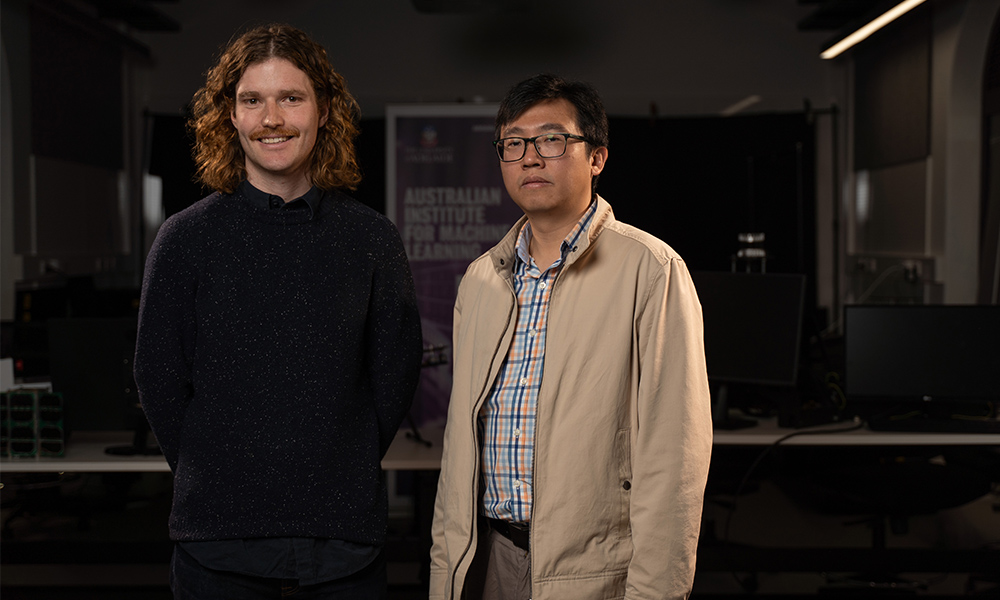
Focus #3: Innovation
Microsoft’s growing Azure Space team is working closely with Stone & Chalk at Lot Fourteen’s innovation and startup hub, collaborating with Nokia to grow space and 5G capabilities, and working with the Australian Institute for Machine Learning (AIML) on space emulation technologies.
Chris Kirk, general manager of Stone & Chalk, Adelaide said; “we are delighted that Microsoft is building its Azure Space team at Lot Fourteen. Stone & Chalk is home to some of Australia’s leading innovators who are working to solve the world’s most pressing challenges. South Australia is fast becoming a center of gravity for the space industry and is ideally positioned as a global test bed for space enabled innovation. Now there is the opportunity for entrepreneurs and industry to work alongside a technology business of Microsoft’s stature to gain an understanding of the opportunities that space technology and data present. Microsoft’s addition to the ecosystem at Lot Fourteen also helps accelerate our focus on building a vibrant home grown supply chain in the Space industry. It’s a great combination.”
Azure Space leverages a broad array of Azure cloud technologies and services that provide cloud-to-edge computing, streamlined access to space-sourced data, and dramatically improved connectivity through satellite technology via the Azure cloud platform.
Microsoft’s collaboration with the AIML will support AIML’s “Project AI Off Earth” with emulation capabilities for cutting-edge innovation in space.
AIML is ranked among world leaders in the application of AI, computer vision and machine learning to solve real-world problems.
Together with Microsoft, AIML will conduct modelling, emulation and simulation of complex space operations and systems; build algorithms for on-board satellite data processing; develop solutions for the remote operation and optimisation of satellites, constellations and swarms; and address space domain awareness and debris monitoring.
AIML and Microsoft are already exploring innovative uses for Microsoft Azure Orbital Emulator – a cloud-based native space emulation environment that enables massive satellite constellation simulations. Using Azure Orbital Emulator, AIML and Project AI Off Earth can quickly develop, evaluate, and train algorithms, machine learning models and AI intended for space before ever launching a satellite.
About Microsoft
Microsoft (Nasdaq “MSFT” @microsoft) enables digital transformation for the era of an intelligent cloud and an intelligent edge. Its mission is to empower every person and every organisation on – and off – the planet to achieve more.
For media enquiries, please contact:
Rudolf Wagenaar, Commercial Communications Lead, Microsoft Australia
Email: [email protected]
Mobile: 043 908 2550





